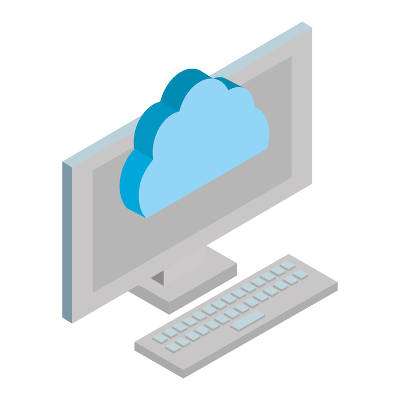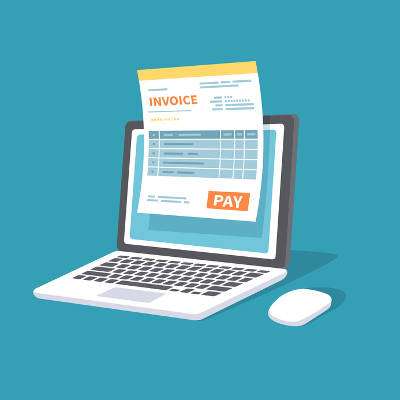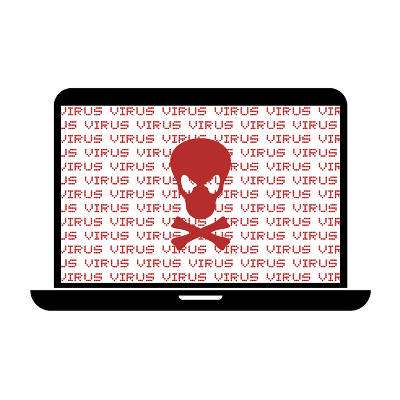The cloud has helped many organizations push beyond their limits, but is yours taking advantage of it? Depending on the needs of your specific company, the cloud can aid your business in ways you could never dream of just 20 years ago. Listed below are some of the best ways the cloud can benefit your business.
Macro Systems Blog
Were you one the 55.3 percent of employees who took their work devices on the road during this holiday season? Odds are that if you have employees who find it difficult to complete their duties in the office, they’ll take it home with them over the holidays to ensure they don’t fall behind. However, they could potentially be exposing critical data to risk by doing this.
Modern businesses utilize so many solutions that it can be challenging just to keep them all in line, let alone managing and maintaining them. Naturally, the most difficult part of utilizing so much technology is affording it. While you could invest in software licenses for each and every one of your users’ systems, there is an alternative that you should definitely contemplate.
Modern security solutions have made good strides to protect businesses, but there are still a lot of threats out there that can cause problems for your business. If you don’t take a proactive stance on security, you could leave your network vulnerable to incoming threats of all types. Macro Systems will help your business comprehend what threats are out there, why they are dangerous, and what you can do to keep your business secure.
The #1 reason to utilize managed IT services is the value it provides for your organization compared to the alternatives. Once upon a time businesses may have depended on unreliable and expensive services to successfully maintain their IT, but in this current era, it’s more efficient and, in most cases, more affordable than ever before. Let's go through how managed service providers can create value opportunities for your organization.
Hosted solutions are utilized in current business practices for several reasons, but by far the most common reason is because the business doesn’t have the staff or resources to take care of the solution in-house. The process of implementation will vary by business, but Macro Systems can walk you through the process nevertheless, including creating the solution, renting the solution, and purchasing the hosting space.
A technology roadmap is a vital asset to utilize when planning for your business for the near future. IT is turbulent and demands that you always think ahead; if you want to ensure technology doesn’t become a major pain point for your business, it’s best to start thinking ahead now. How should your business technology change and adapt over the course of 2019? Read more below.
Cybersecurity has changed significantly since 2017, and any organization that wants to survive in the evolving online environment needs to ponder how they are protecting their assets. Let's take a look at exactly how cybersecurity has been altered since 2017, including some of the notable statistics regarding the current state of online threats for today’s businesses.
Phishing scams have one of the most descriptive names in all of computing, mostly because of how similar phishing is with fishing. When someone goes fishing or phishing, bait is dangled in the hopes of getting a bite, and different types of bait can be used, depending on the catch one is trying to make.
Many businesses that don’t have the same amount of funding and services might wind up spending more in attempts to compete with these larger businesses, but the way forward isn’t always clear. For small businesses that have trouble managing the numerous moving parts of their business, communication is imperative, especially in an age where so many businesses have remote employees who are not always in the office to speak to directly. Discussed below is what the modern face of communications looks like with a particular focus on conferencing services.













